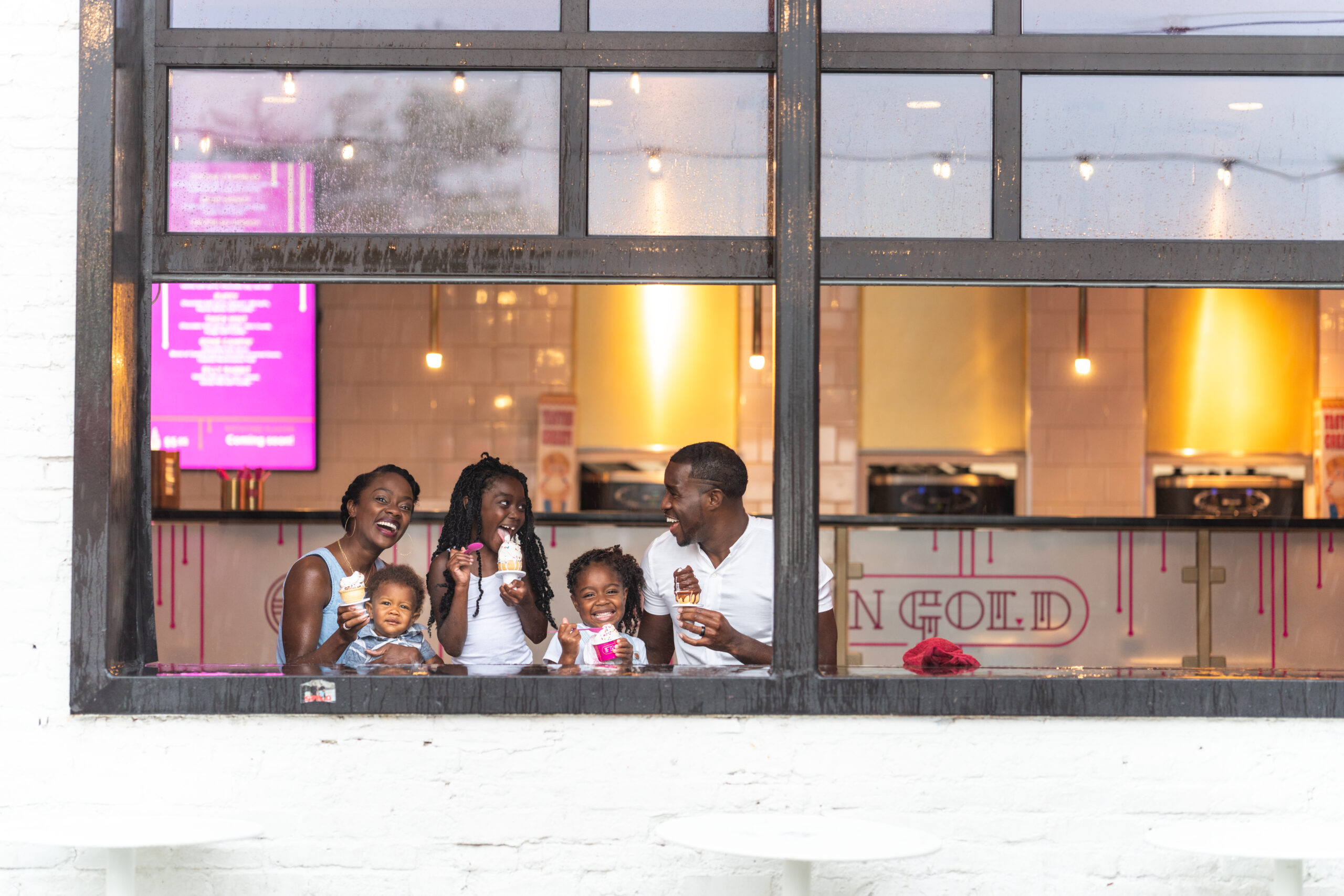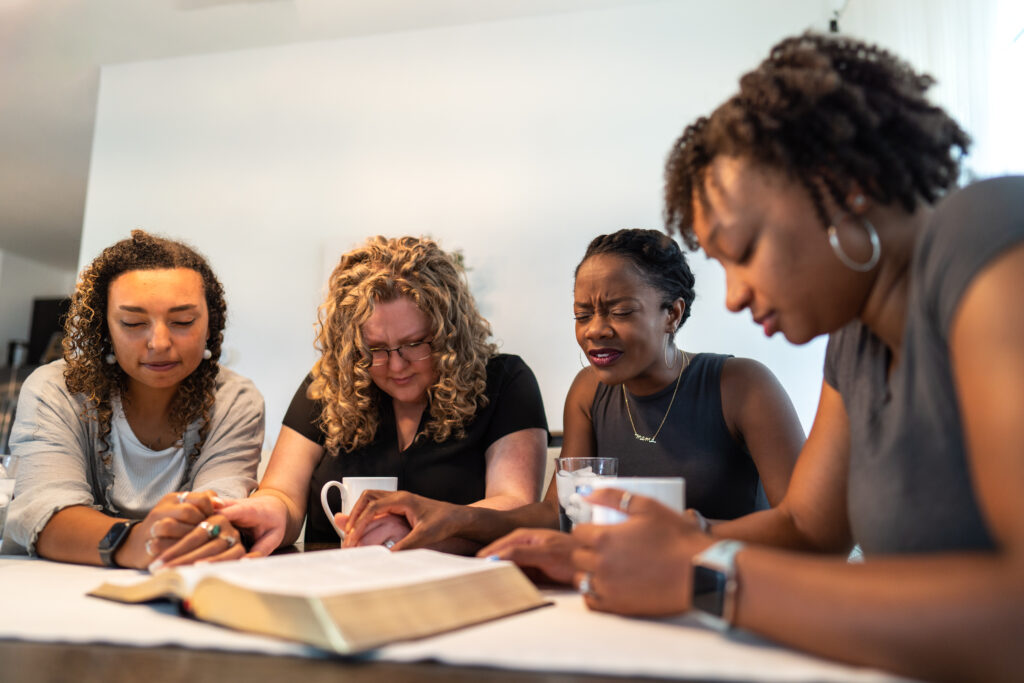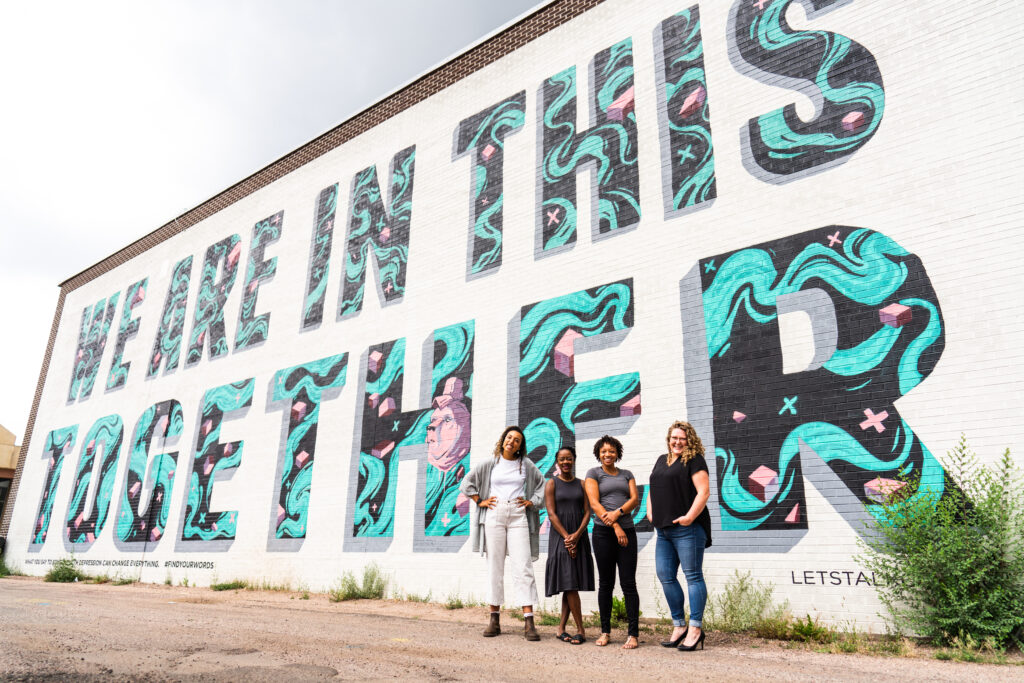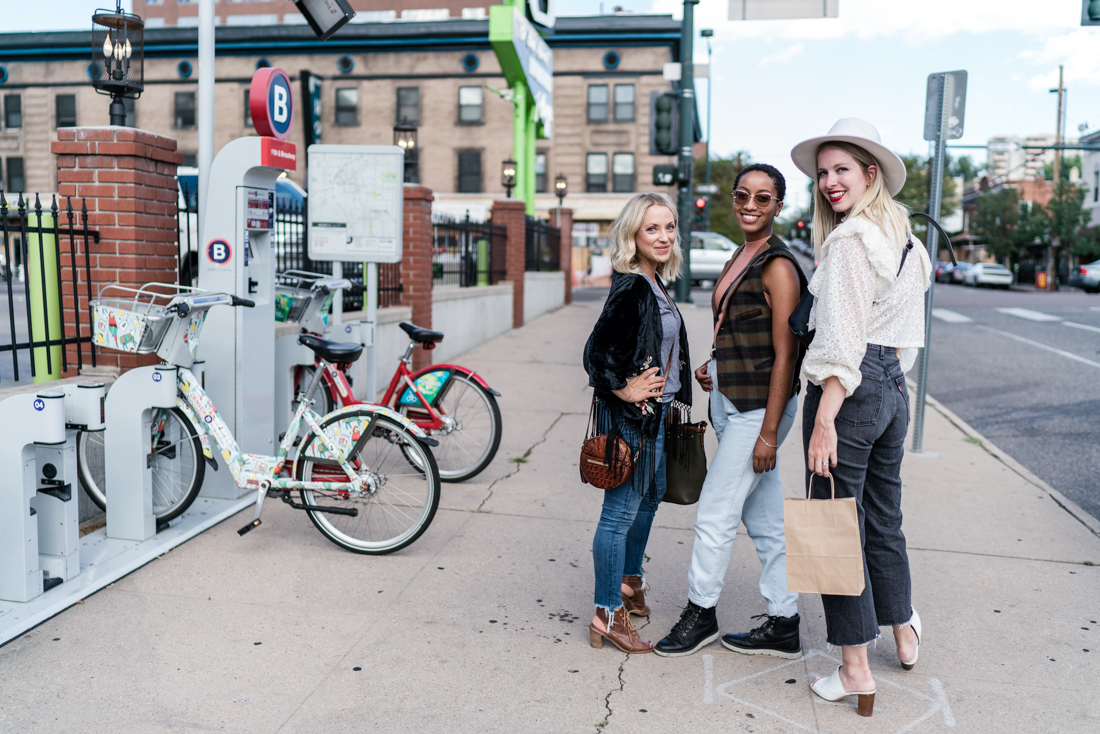
Octavia Cormier
The feature article in Beautiful Magazine Vol 2 modeled a conversation to address racial division and reconciliation. We know that in order to achieve true understanding and change, there must be many authentic conversations to address together the layers of racism. In this issue, we have asked Octavia Cormier to pick up where we left off. Octavia and her husband Brandon are the lead pastors at Zeal Church in Colorado Springs, CO.
Why would you say that? — I’m sure we have all heard someone say something and asked ourselves that question. For me, that statement was, “I would love to adopt little black babies.” This wasn’t a phrase that was new to me, but it almost felt as though it was, and it stung deeply because this time it was coming from a friend, who happened to be Caucasian. My blood began to boil and the hair on the back of my neck stood to attention. I felt a wave of sadness and then disappointment because this derogatory statement was so hurtful, yet my friend was unaware that there was anything wrong with it. Inside, I rolled my eyes, but outwardly, I gave a polite smile. You see, I have been conditioned my whole life by both black and white people to “grin and bear it” — by white people because I would be perceived as “the angry black woman,” and by black people because “it’s not worth the fight.”
What my friend didn’t realize is that phrases like that have been said to black people without hesitation for countless years. Many of the people who say such phrases think they are positive. However, in actuality, this type of statement reduces black babies to being commodities — leaving us feeling like “little black babies” are seen as trinkets, something to show off. That is usually not the heart posture of the person saying things like this, but there is an awareness needed around these topics.
It is time for us to re-enter open and honest conversations about race.
We are living in a time when race can be an incredibly polarizing topic. Not just between black and white people, but even recently with COVID-19, we have seen contempt, hate, and violence towards the Asian community. After 9-11, we saw an increase in prejudice toward people of Middle Eastern descent. We have all seen people in viral videos yelling, “Go back to where you came from” to people in the Latino community. And the list goes on. The enemy wants to divide people. His plan has always been to kill, steal, and destroy — and he will use anything, even something as simple as the color of our skin, to do just that. This must stop! And that starts with all of us.
I often share experiences with other black friends, and they share the same sentiments. I have realized over the years that I have a decision to make each and every time something like this happens. I could pretend as if I am not bothered and continue talking about it with my friends and family, which would ultimately not result in change. Or, I could have an honest conversation with my friend about a difficult topic.
In this instance with my friend, and in other situations like it, I have made a decision in my life to choose the latter. If I have not communicated, I cannot hold a realistic expectation for those around me. I cannot hold her or anyone else accountable until I’ve been willing to enter into a tough conversation. I know that change only comes when the norm is challenged, and we don’t shy away from confronting hard things.

Nine months ago, my husband and I launched a Spirit-filled, multicultural church in Colorado Springs, Colorado, called Zeal. Our church, in its nature, is challenging the cultural norm and the common mindset within the church that says, “I’m comfortable with a church body who looks the same and thinks the same as me.” I believe this is why we have black churches and white churches. At Zeal, we are crazy enough to believe that God actually desires true unity amongst Christ-followers, and we believe God is wanting to move in a powerful way when it comes to race in the body of Christ. We recently completed a sermon series on race and racism. By God’s grace and with His wisdom we addressed questions, opposition, and fear head-on. We exposed lies and mindsets contrary to God’s Word that have been around for ages.
As a result of the overwhelming positive responses that we received, our church is preparing to begin facilitating racial reconciliation groups to further this conversation — because we believe it matters to God and that open conversation is critical to unity in the body of Christ.
One question we are often asked is — how do you have conversations about race?
Firstly, I can say that there is often fear that one might offend a person of color if you ask a question or say something. This often leads to silence. But I want to encourage you to push through that fear. The reality is that you will make mistakes — we all do! But if your heart posture is to learn and to love others well, you can take correction and honest feedback in stride and continue to move forward in conversation. So don’t let fear or shame silence you, and start entering in!
When approaching conversations around the topic of race it’s imperative to:
Be empathic. Allow yourself to be aware of the other person’s feelings. Attempt to understand their feelings instead of focusing on your own feelings and experiences. One thing to keep in mind is that empathy doesn’t look like saying things like, “What about…?” Phrases that start with comparing a situation to another situation aren’t helpful in conversations around race.
Be vulnerable. Fear and pride build walls instead of bridges. Vulnerability destroys defenses and opens the pathway to change.
Be ready to experience discomfort. This conversation is difficult for everyone involved. Racism is real. Racism is painful and has destroyed the lives of many. This will not be a perfect conversation, but don’t let that stop you from having it.
I began a conversation with my friend who made the comment about black babies, and we applied these principles as we talked through hard emotions. We were both willing to be empathic. She was empathic toward my feelings, and I was empathic toward her naivety. She listened and had a desire to understand why I was hurting. I empathized with her because I knew that my friend wasn’t racist. Her intentions were good, and she didn’t realize that her statement was hurtful.
If I’m honest, I did not want to be vulnerable. I wanted her to “do better” on her own. I did not want to approach her, but I did. It was hard. It was worth it.
I encourage you to lean in — make friends with people who don’t look like you, ask questions, lead with love, and enter into hard conversations.
I promise it’s worth it.





Leave a Reply